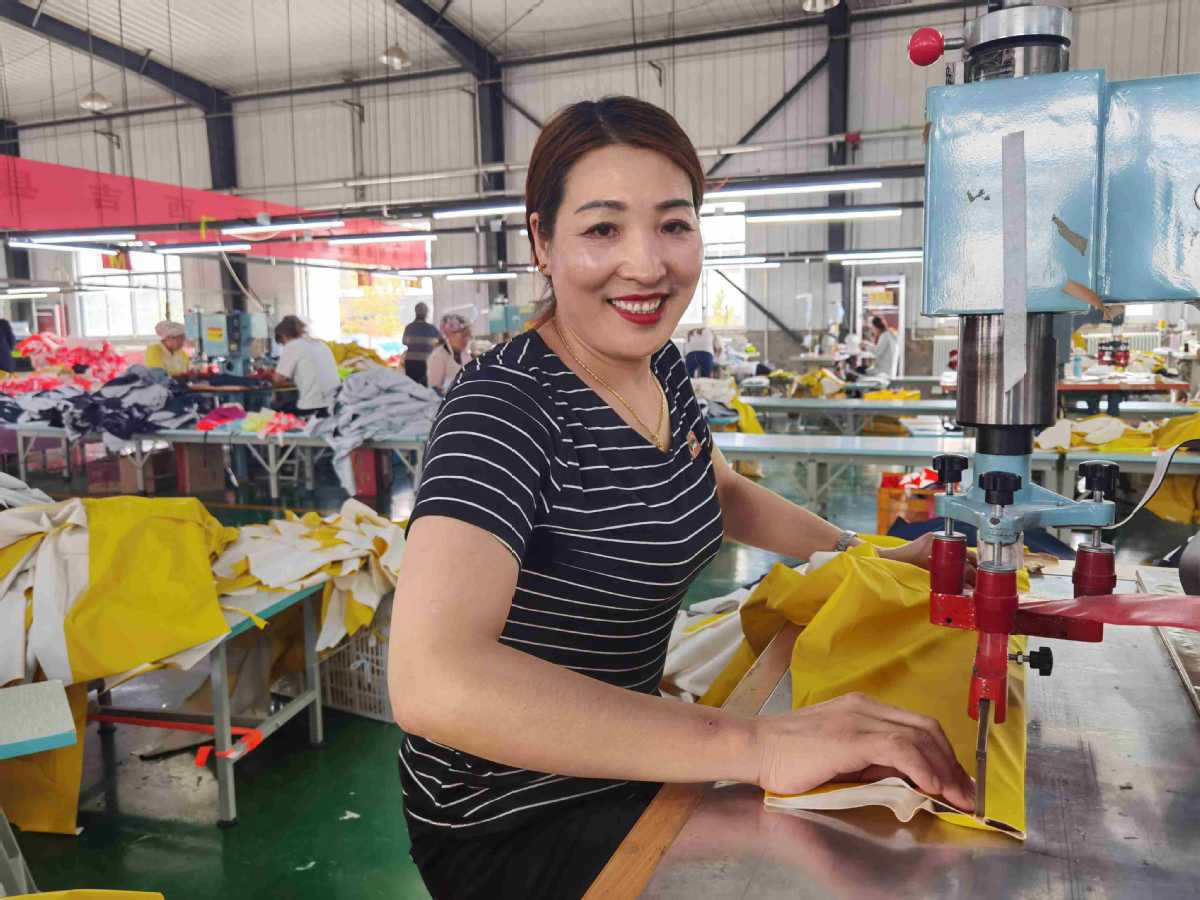Nation's commitment to gender equality praised by observers


China has shown strong commitment to continue leading the global discussion on gender equality following the Fourth World Conference on Women held in Beijing in 1995, according to analysts.
Two decades after the conference, President Xi Jinping announced a series of measures to support women's development at the Global Leaders' Meeting on Gender Equality and Women's Empowerment in 2015.
This summit was proposed by Beijing and co-hosted by China and UN Women.
Addressing a high-level UN meeting last year on the 25th anniversary of the 1995 conference, Xi proposed convening another such global leaders' meeting in 2025.
Li Yingtao, a global governance and gender equality professor at Beijing Foreign Studies University, said the latest proposal shows China hopes to play a greater role in achieving gender equality, as the nation increasingly takes center stage globally.
China's championing of worldwide cooperation on women and promotion of gender equality is also a key way for the nation to play a bigger role in global governance, she added.
The deliberations of the 1995 conference resulted in the Beijing Declaration and Platform for Action-an agenda for change across 12 critical areas to realize the human rights of women and girls.
Li said the global meetings held every five years since the 1995 conference have served to summarize the results, brace for challenges, and urged different parties involved to accelerate the gender equality process.
The conference drew up the blueprint for global women's movements and spurred people worldwide to strive for gender equality, Li said.
Phumzile Mlambo-Ngcuka, former executive director of UN Women, said last year that the 1995 conference's continued relevance "cannot be overstated today". She added, "Its significance is undimmed."
Judith Mwai, a research analyst at international development consultancy Development Reimagined, said progress has been made due to the Beijing Declaration and Platform for Action.
"This is evident, as millions of women have lifted themselves and their families out of poverty, been educated, able to vote, create their own businesses, promoted to senior positions at work, and have become millionaires," she said.
The next conference proposed by China "presents an opportunity to further safeguard women, ensure equal access to health and other minimum rights for them, and to continue to address the structures that cause and perpetuate prejudice against women in all societies," she said.
China's commitment to leading the global discussion on gender equality is also evidenced in the country's latest 10-year blueprint for women's development.
This policy document, released by the State Council, China's Cabinet, in September, states that the nation will play a wide role in global exchanges and cooperation on women's affairs and strengthen its influence over their concerns internationally.
China will take part in the global cause of promoting gender equality, improve its power of discourse and influence, conduct international exchanges and cooperation, and promote exchanges and mutual learning concerning women's development, the document states.
It adds that the nation will actively host and take part in international conferences involving women's issues and promote people-to-people exchanges in this regard.





































